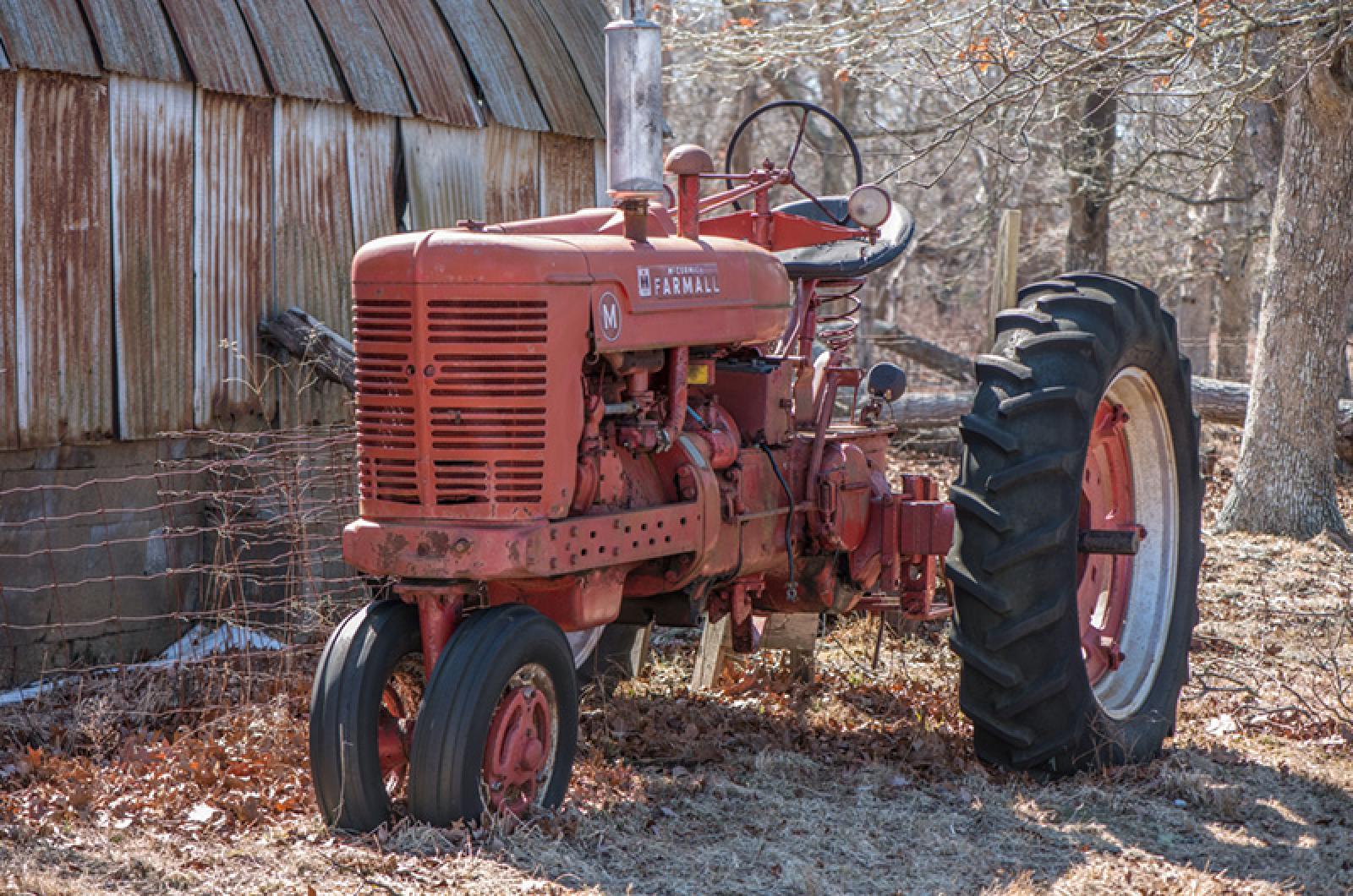I grew up in what was once a farming community. Both of my maternal great-grandfathers were farmers, as were the parents of my maternal great-great-grandparents. My mother was born on her grandparents’ farm, but her mother and father soon moved to town so she could go to high school at the age of 11. This broke her sister, my aunt Mimi’s, heart. She did not like town. So, being both smart and beautiful, she married a farmer, settled down and never left her farm home.
The animals were her excuse. She could not leave them to fend for themselves. The cows had to be milked and the pigs, named Mary and Art for herself and her husband, had to be fed. Over time, there were cats and dogs, most of whom just wandered in and, seeing a good thing, stayed.
Children, four of them, arrived along with ponies and horses, and later tractors and hi-lifts, and after the house caught on fire one icy and cold day in January, a bull-dozer. Luckily the bull-dozer got little or no use because the house was saved. Art’s nephew was the chief volunteer fireman and all the neighbors were volunteers. I am expecting to see the same thing happen here, after the Flat Point farm fire. The human spirit cannot allow the earth and the animals that sustain us to lie fallow for too long.
My human spirit was so nourished by my family’s farm, even though I never lived on it. My mother died at the age of 42, and so my aunt was that nurturer. I think people are finally beginning to realize that these small family farms provide something far beyond the bread and bacon of our lives.
One thing that my dear Mimi never kept were chickens. I have been thinking about this as I rehearse the Island Community Chorus’ new song cycle about Nancy Luce by Thomas LaVoy, and again after reading about the 50 chickens that were lost at Flat Point along with the sheep, lambs and cattle.
Nancy Luce was a neighbor of Flat Point Farm, and her cow and chickens sustained her through her many but unnamed troubles. They were like her children.
Mimi was only seven when she moved from the family home at Chestnut Corners. Her grandmother kept chickens and her mother could not eat chicken, saying she had to kill too many for Sunday dinner to ever enjoy eating them. In her little journals of poetry and thoughts, Nancy Luce never mentions any chicken dinners either. Eggs, yes! And how we must all be kind to all creatures, even though she endured much unkindness at the hands of unthinking and uncaring bullies and gossips. Perhaps Mimi had made friends with the chickens too, and did not want to raise them to eat.
And so here I am, on an Island that is more of a playground than a farm, but what sustains its full time residents is not play, but rather the closeness we collectively feel to the earth and its inhabitants in this limited space surrounded by water. We notice the passing of the seasons by the presence or absence of the sounds of its creatures. We appreciate the expanse of fields that the land bank has saved from development, and that it then rents out to young farmers. Farming is a hard job, but it is one that people just do not retire from. It is one that the farmer hopes his children will like too. It was the dream of the immigrant to have his own land.
No wonder we all feel so much sympathy for the Fischer family.




Comments
Comment policy »